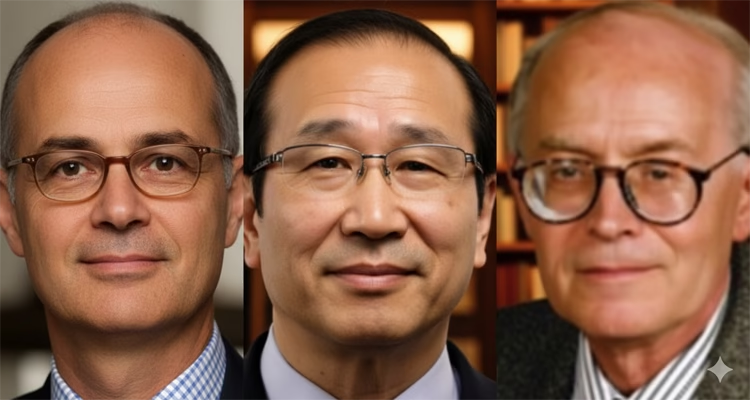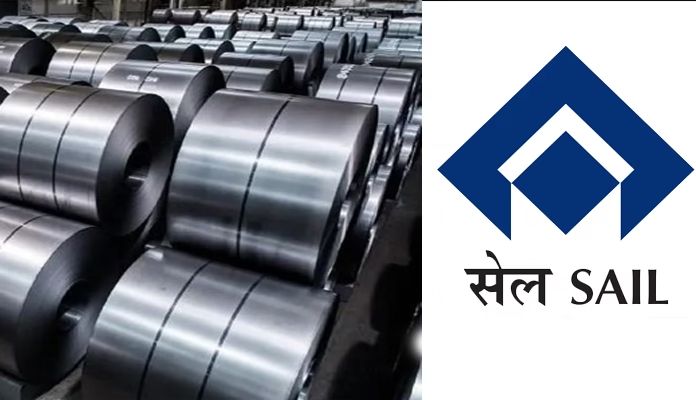Nobel Prize Chemistry: Scientists honoured for creating Metal–Organic Frameworks — a breakthrough with limitless applications
Stockholm: The 2025 Nobel Prize in Chemistry has been awarded to Susumu Kitagawa, Richard Robson, and Omar Yaghi for revolutionizing chemistry with the creation of Metal–Organic Frameworks (MOFs) — a new class of materials that could transform industries from clean energy to water purification.
The trio developed a molecular architecture in which metal ions act as cornerstones, connected by long organic (carbon-based) linkers to form crystal-like structures with vast internal cavities. These porous materials can trap, store, or separate specific substances — and even catalyze reactions or conduct electricity.
“Metal–organic frameworks have enormous potential, opening new frontiers for designing custom materials with unique functions,” said Heiner Linke, Chair of the Nobel Committee for Chemistry.
The journey began in 1989, when Richard Robson experimented with combining copper ions and four-armed molecules, producing a crystalline structure “like a diamond full of cavities.” Though initially unstable, his work laid the foundation for future breakthroughs.
In the following decade, Susumu Kitagawa demonstrated that gases could move in and out of these structures and predicted their flexibility, while Omar Yaghi engineered stable, modifiable MOFs that could be tailored for specific uses — from carbon capture to water harvesting.
Since their discovery, chemists have created tens of thousands of MOFs, many with potential to tackle global challenges such as pollution control, clean energy storage, and environmental sustainability — marking a new era in molecular science.





